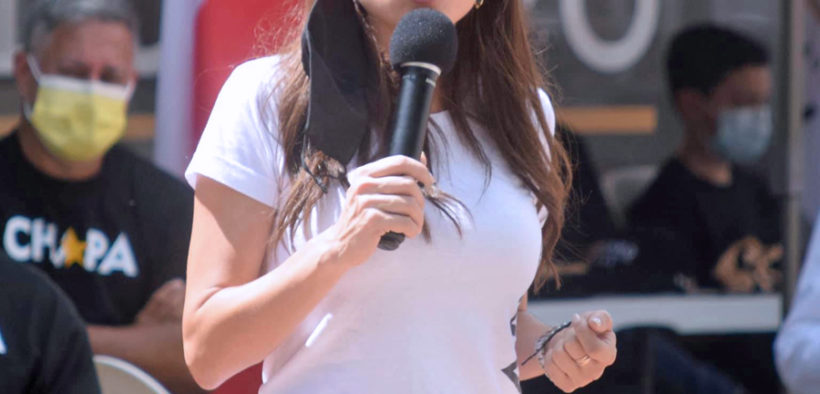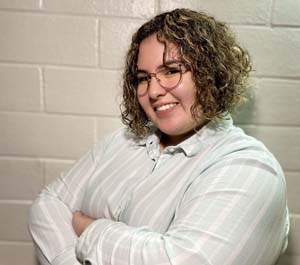Lúgaro envisions ‘eco-friendly and modern economy’ for Puerto Rico

As the 2020 elections approach, the candidates running for governor of Puerto Rico have revealed their political platforms, which in the case of Alexandra Lúgaro of the Movimiento Victoria Ciudadana (MVC), dedicates two chapters to the economy.
In them she states from the start that she envisions creating systems favorable to nature, therefore, “efficient and dynamic.” From creating more minimum wage jobs, promoting the use of the Ponce Port, promoting local productivity, and modernity, she believes the island would be ready for major changes.

As stated in her platform, if her “Queremos Sol” plan is followed through, Puerto Rico could reach 100% use of renewable energy by 2050.
Lúgaro, supporting that idea, believes Puerto Rico’s infrastructure may be fixed with the money the United States provides, eventually reaching that point if the money is used wisely. The funding would be used the repair damages caused by the hurricanes of 2017 and create a new entrusted council dedicated to the infrastructure repairs, and establishing which projects should be prioritized.
Hoping to gain the people’s support, she urges them to recycle, and reduce the use of landfills. Lugaro also proposes to clean Puerto Rico’s water reservoirs.
Other proposals, like “Soberanía Alimentaria,” suggest the idea of creating up to 1,000 farms, promoting local productivity and consumption, therefore creating more jobs. With these local products, Lúgaro proposes to develop a new route for commercial exchange with Europe, outside the scope of the Jones Act.
The gubernatorial candidate believes as “essential and vital for a better economy” the development of more pharmaceutical products on the island, while promoting the capacity of companies established in Puerto Rico.
To make it work, Lúgaro vowed to reject Puerto Rico’s debt with creditors, taking her fight up to the U.S. Congress. She also vowed to reduce the sales and use tax rate (known as IVU, in Spanish), eliminate the controversial inventory tax, while imposing new rates for jewelry and casinos, according to her platform.
The second chapter of her economic plan calls for modernizing processes to keep citizens informed, by digitalizing government offices to facilitate transactions, such as license renewals. She proposes educating public workers, to ensure the systems run as they should.
She discusses the concept of making technology widely available, especially access to the internet for students and older citizens, who could learn to use it to do their errands from home. Lastly, Lúgaro proposes to create virtual jobs and make better use of Puerto Rico’s communication resources by making them more educational.
On Tuesday, the Puerto Rico Economists Association released an analysis that, among other things, ranked the candidates’ economic proposals, giving them a score of between one and five. The trade group believes Lúgaro’s platform is “well-structured and designed,” giving it a score of 2.3, positioning it in third place behind the Popular Democratic Party and the Puerto Rican Independence Party (PIP).
The trade group also mentioned how Lugaro’s and the PIP’s candidate Juan Dalmau’s programs were the only ones seeking to promote agricultural projects, from organic to traditional. The MVC discusses clear goals to reduce poverty, the Economists Association said.




